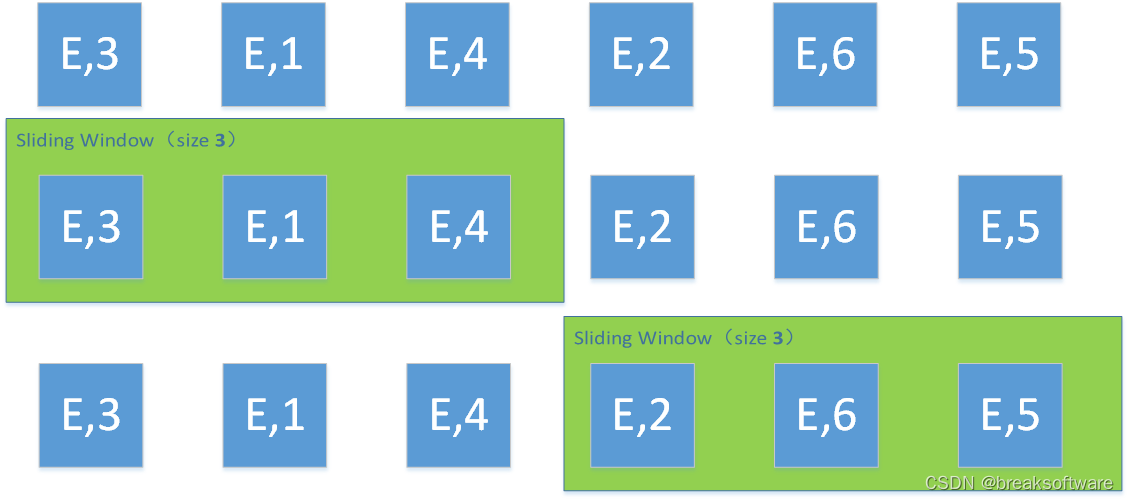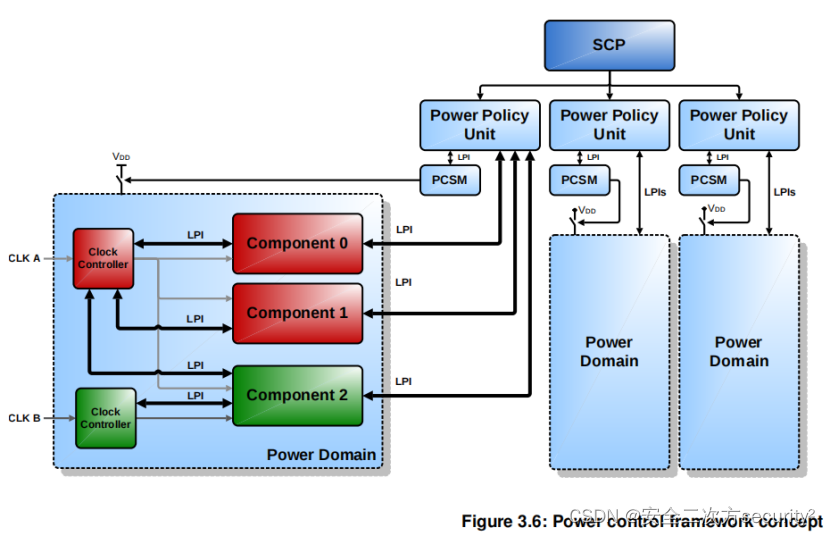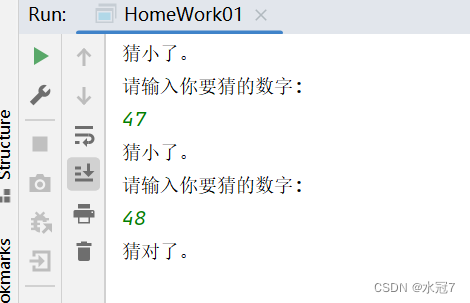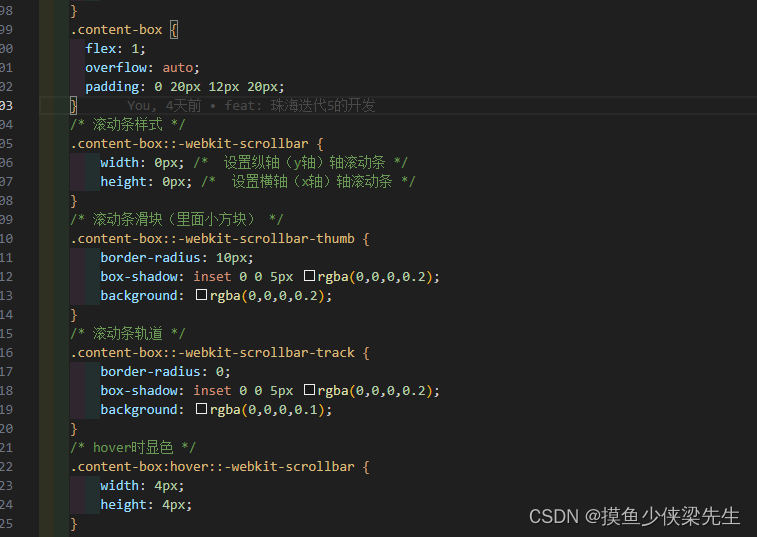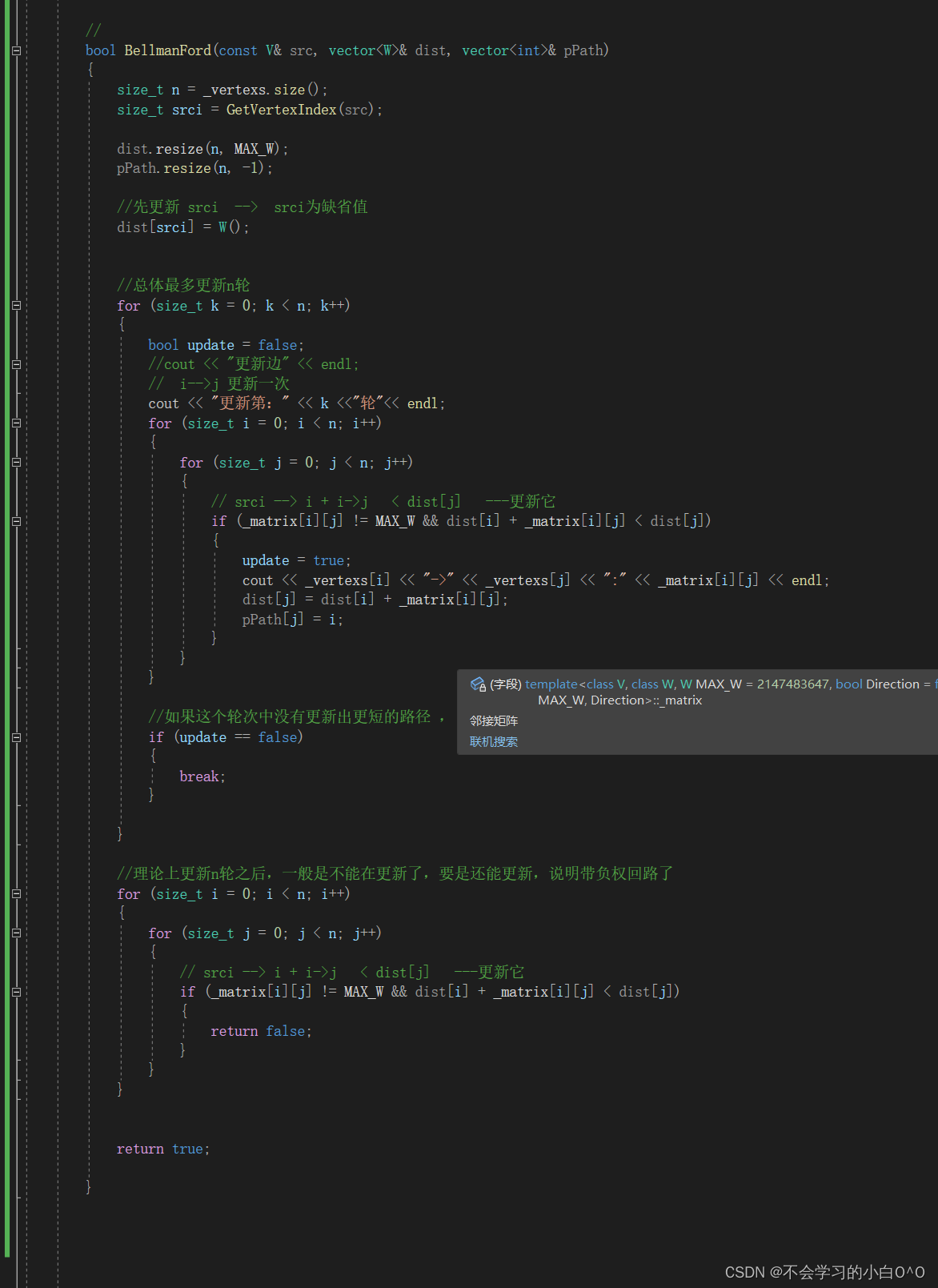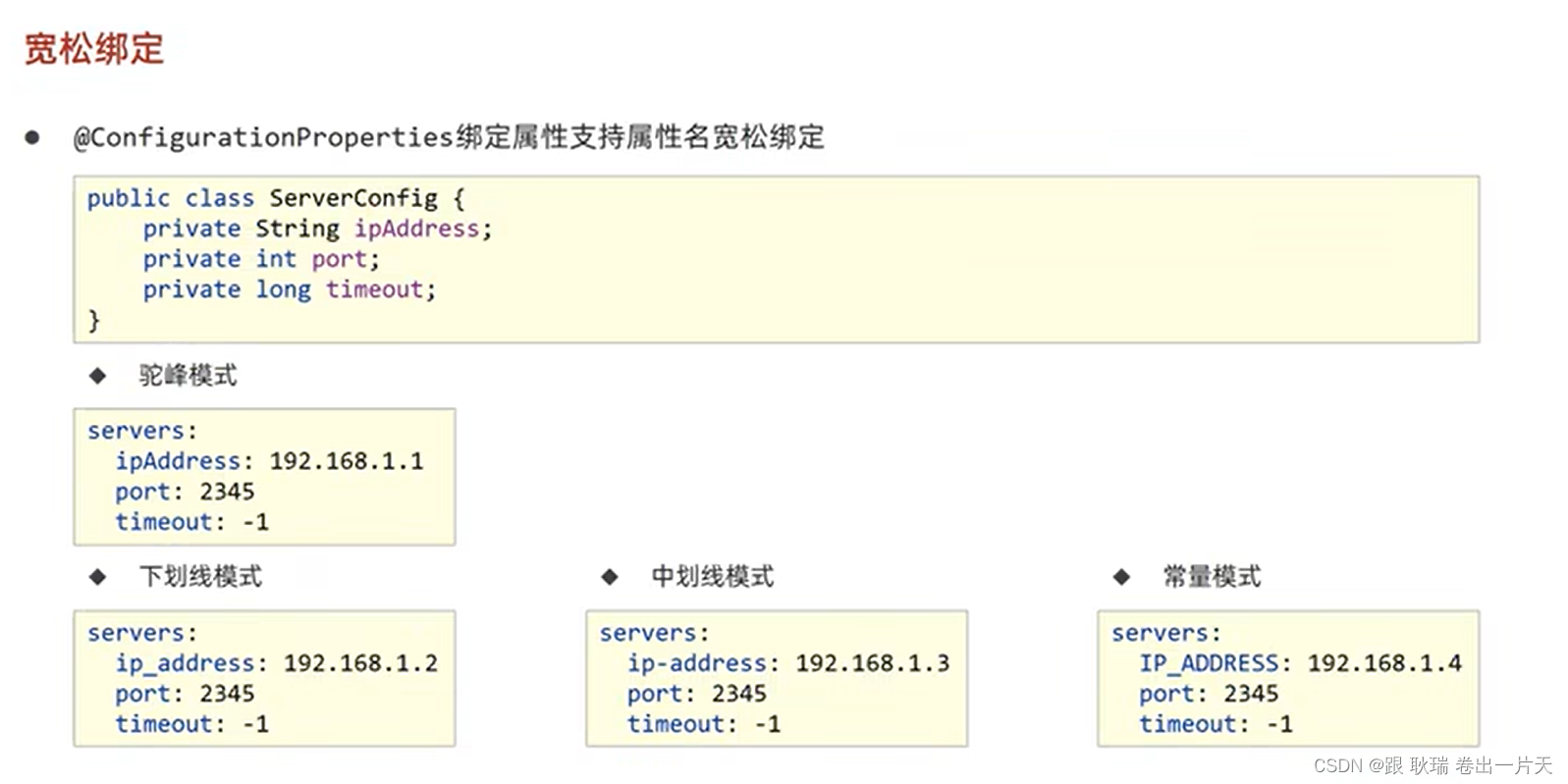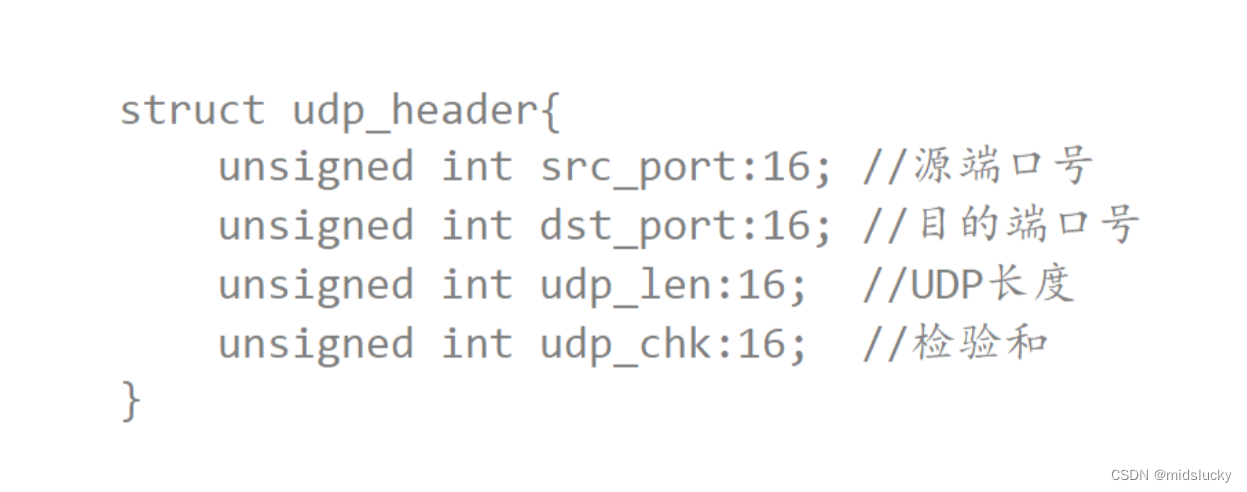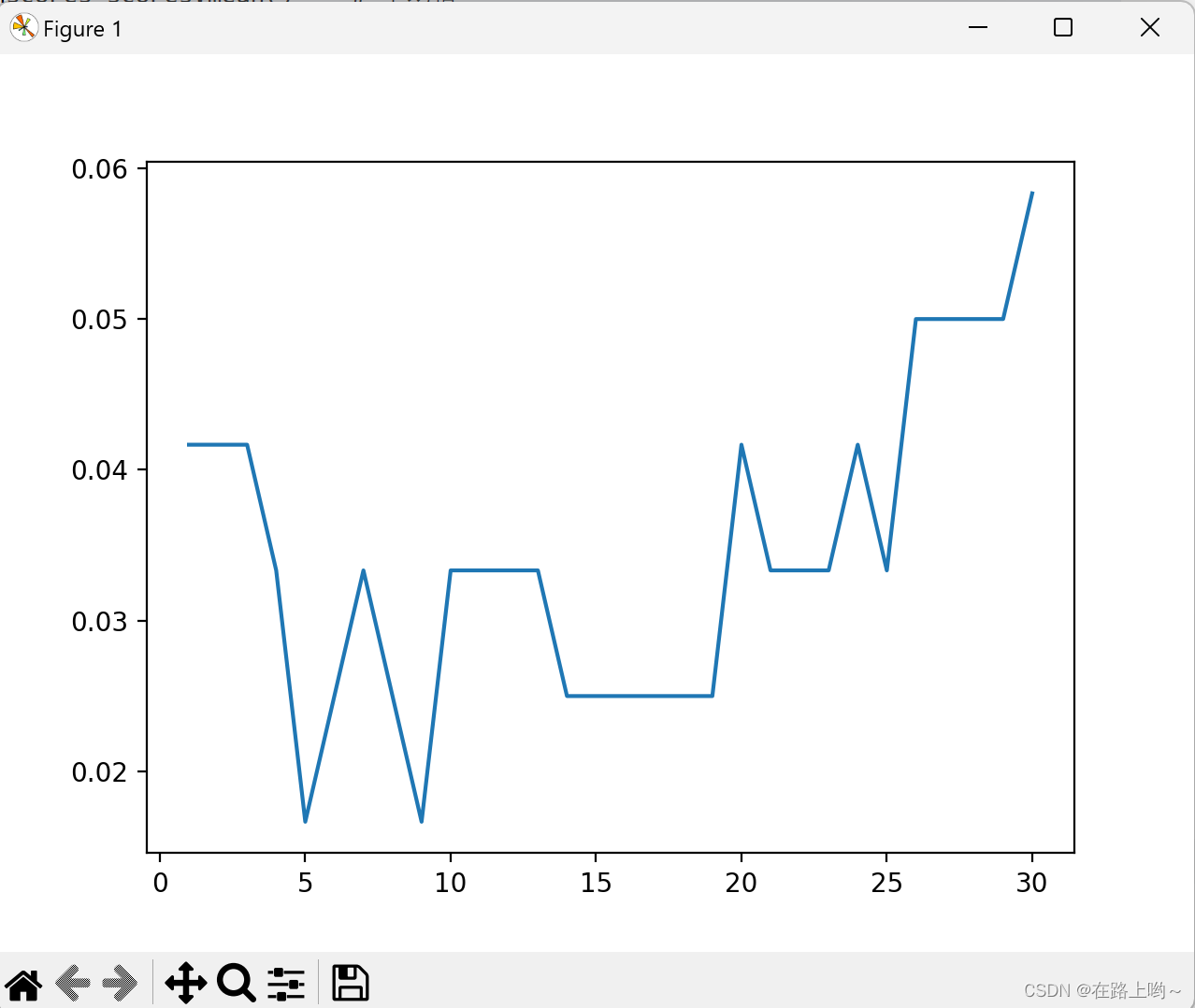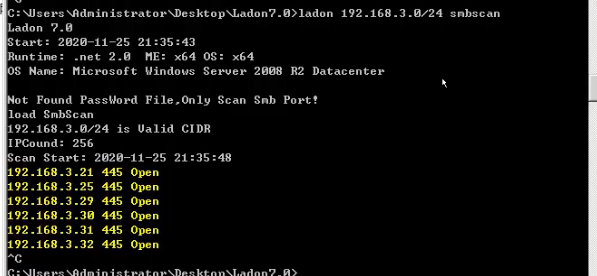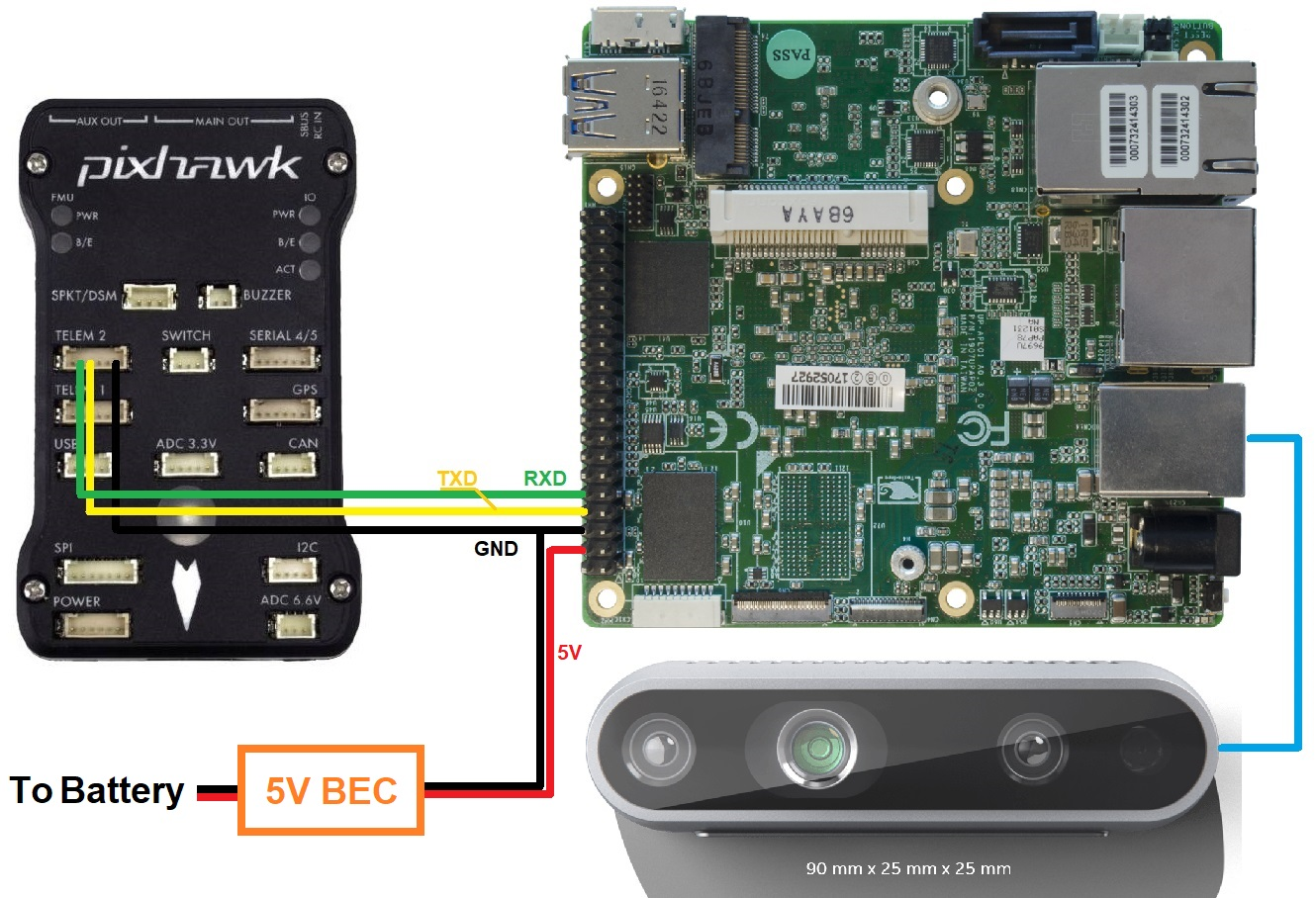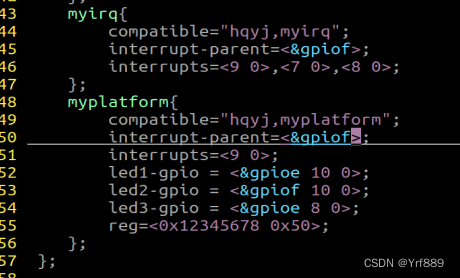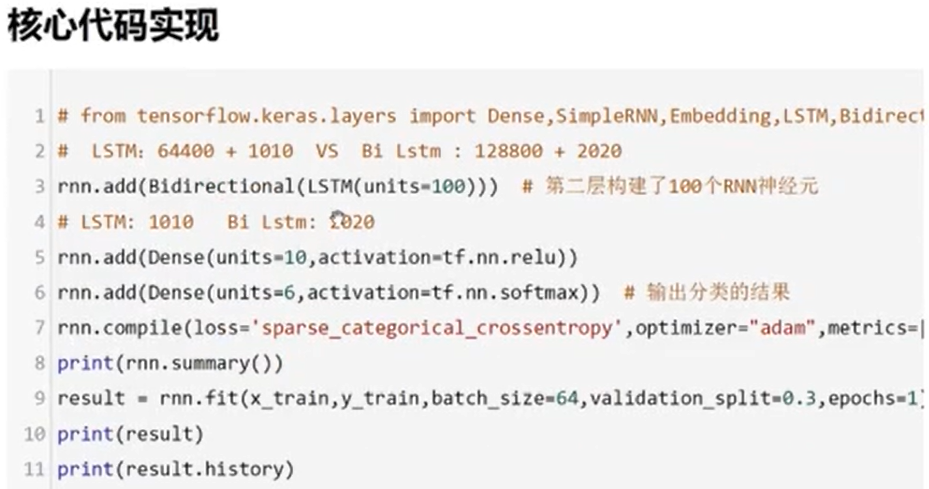枚举:枚举所有的情况,逐个判断是否是问题的解
判断题目是否可以使用枚举:估算算法复杂度
1秒计算机大约能处理107的数据量,即O(n)=107,则O(n2)能处理的数据量就是根号107≈3162
复杂度对应的数据量是该算法能处理的最大数据量
题目数据量n<在算法复杂度下能处理的最大数据量,则该算法可行
在1秒内各复杂度的算法能处理数据的量级↓
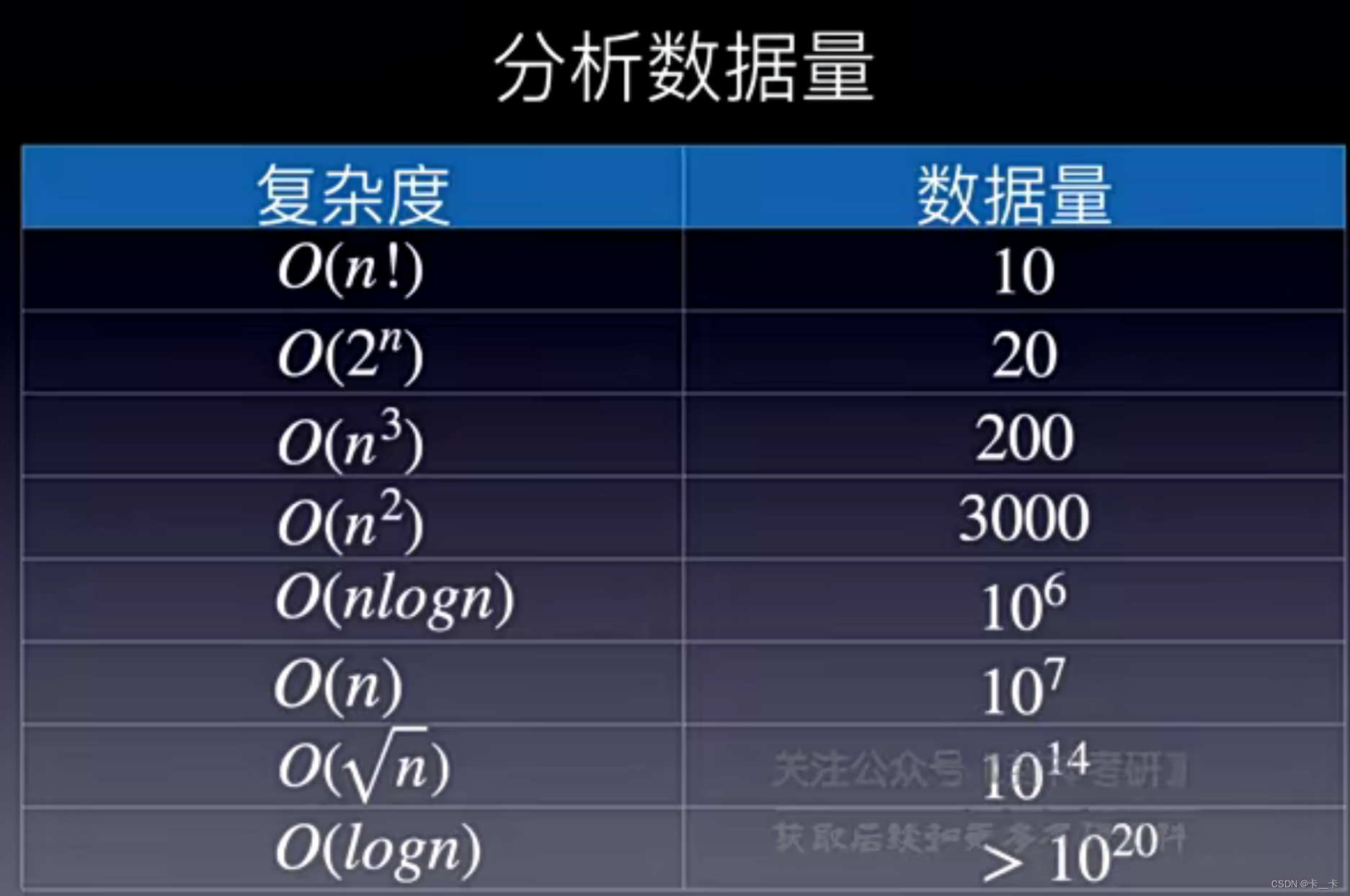
可以看出,若题目有105的数据量,则不能采用O(n2)的算法,O(nlogn)是可以的
常见问题的复杂度
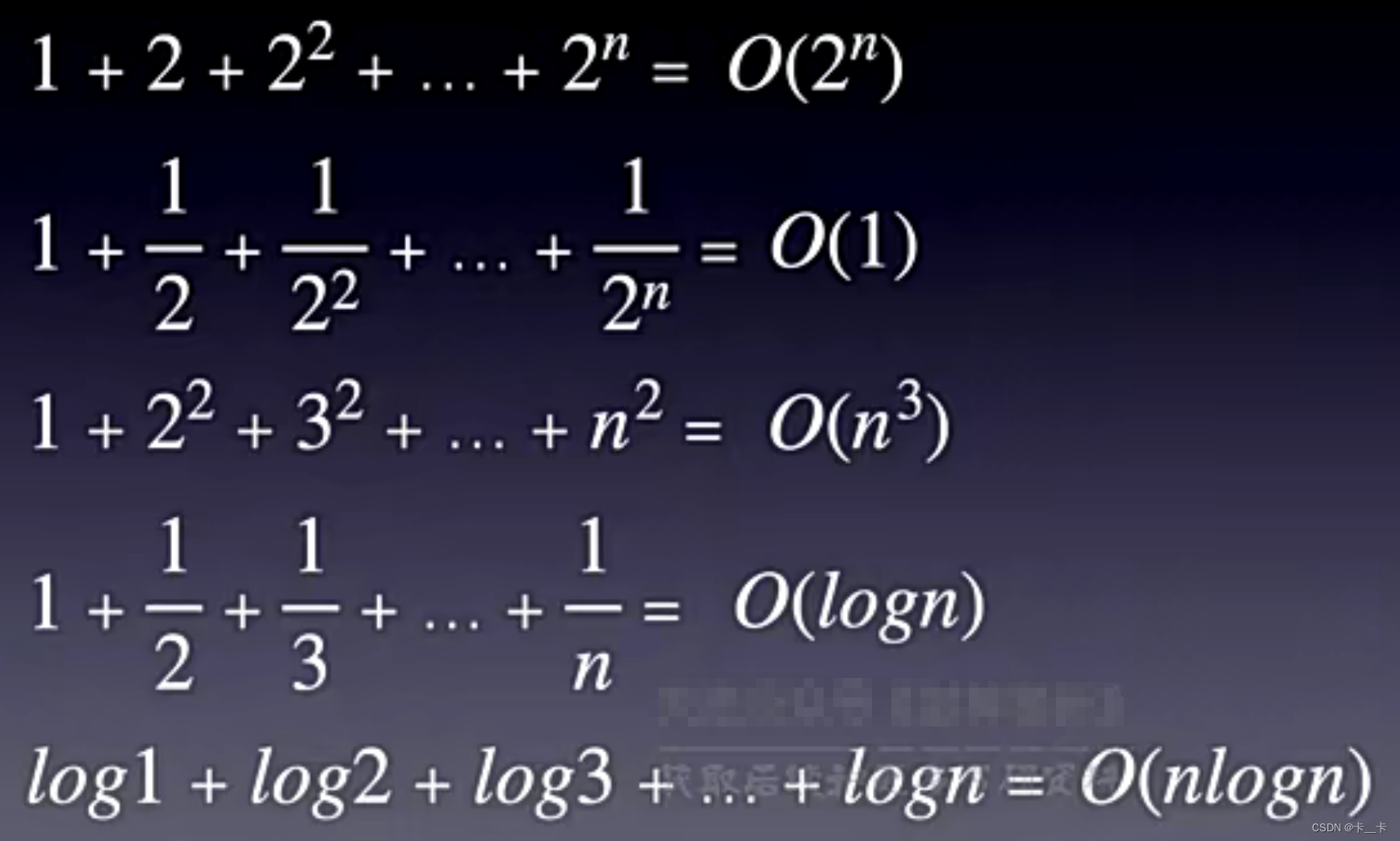
1.abc(清华大学)

评测系统
分析:题目的数据量n=10,可以采用三次for循环的方式,算法时间复杂度为O(n3),能处理的数据量是200,10<200,算法可行
#include<iostream>
using namespace std;
int main() {
for (int a = 0; a <= 9; a++) {
for (int b = 0; b <= 9; b++) {
for (int c = 0; c <= 9; c++) {
if (100 * a + 10 * b + c + 100 * b + 10 * c + c == 532) {
cout << a << " " << b << " " << c << endl;
}
}
}
}
}
2.反序数(清华大学)
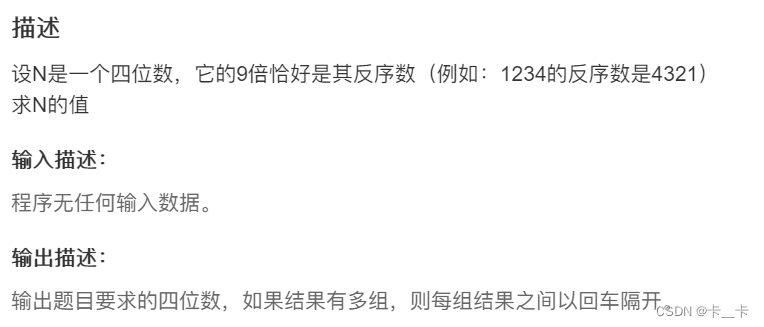
评测系统
分析:四位数从1000到9999,数据量<10000,直接遍历复杂度O(n)。求反序数过程复杂度O(1),总复杂度O(n),能处理的数据量约为107,10000<107,算法可行
#include<iostream>
using namespace std;
int reverse(int x) {
int sum = 0;
while(x!=0){
sum = sum*10 + x % 10;
x = x / 10;
}
return sum;
}
int main() {
for (int i = 1000; i <= 9999; i++) {
if (i * 9 == reverse(i)) {
cout << i << endl;
}
}
}
3.对称平方数(清华大学)

评测系统
注:数据>=0
分析:对称 → 原数=反序数
#include<iostream>
using namespace std;
int reverse(int x) {
int sum=0;
while (x) {
sum = sum * 10 + x % 10;
x = x / 10;
}
return sum;
}
int main() {
for (int i = 0; i <= 256; i++) {
if (i*i==reverse(i*i)) {
cout << i << endl;
}
}
}
4.与7无关的数(北京大学)
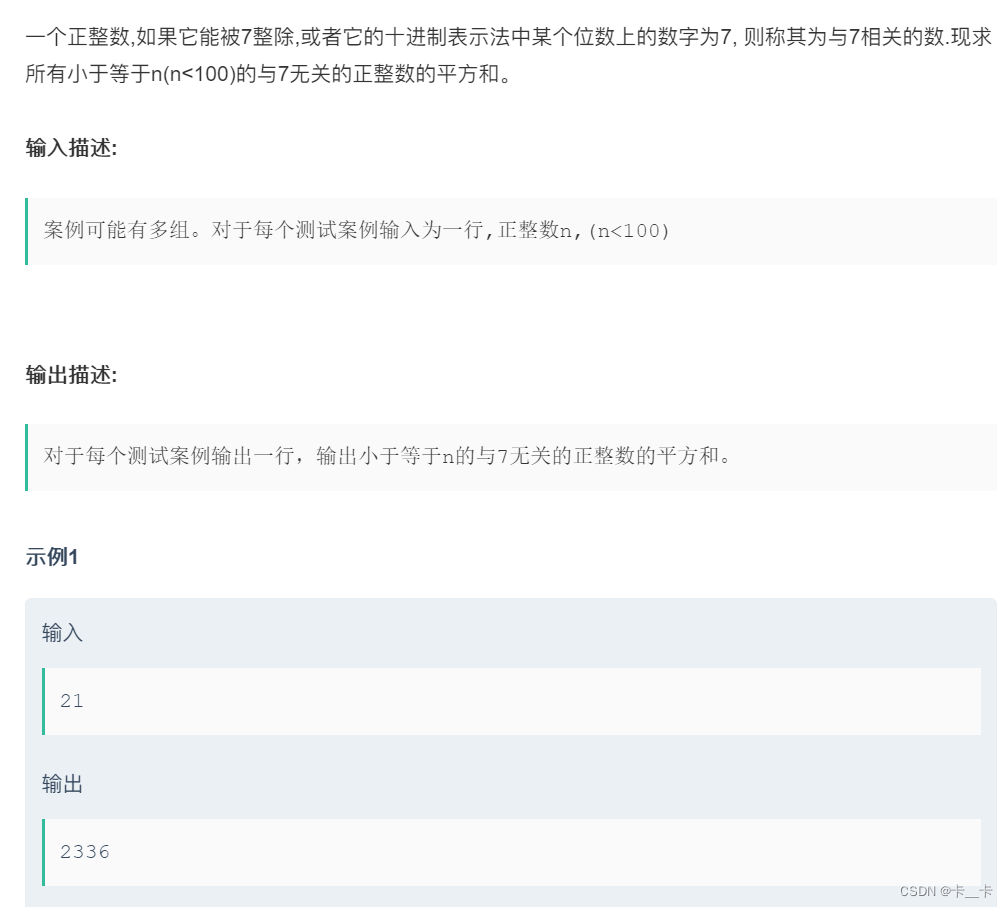
评测系统
#include<iostream>
using namespace std;
bool relate2(int x) { //判断某位数字是否为7
while (x) {
if (x % 10 == 7)
return true;
x = x / 10;
}
return false;
}
bool relate(int x) { //判断是否与7相关
if (x % 7 == 0)
return true;
else if (relate2(x)) {
return true;
}
else
return false;
}
int main() {
int sum = 0;
int n=0;
cin >> n;
for (int i = 1; i <= n; i++) {
if (!relate(i)) {
sum += i * i;
}
}
cout << sum;
}
5.百鸡问题(哈尔滨工业大学)

评测系统
分析:xyz的取值最大为100,采用三次for循环的方式,算法时间复杂度为O(n3),能处理的数据量是200,100<200,算法可行;1/3的等式两边同乘3化为整数
#include<iostream>
using namespace std;
int main() {
int n = 0;
cin >> n;
for (int x = 0; x <= 100; x++) {
for (int y = 0; y <= 100; y++) {
for (int z = 0; z <= 100; z++) {
if (15 * x + 9 * y + z <= 3*n && x + y + z == 100)
printf("x=%d,y=%d,z=%d\n", x, y, z);
}
}
}
}
6.Old Bill(上海交通大学)
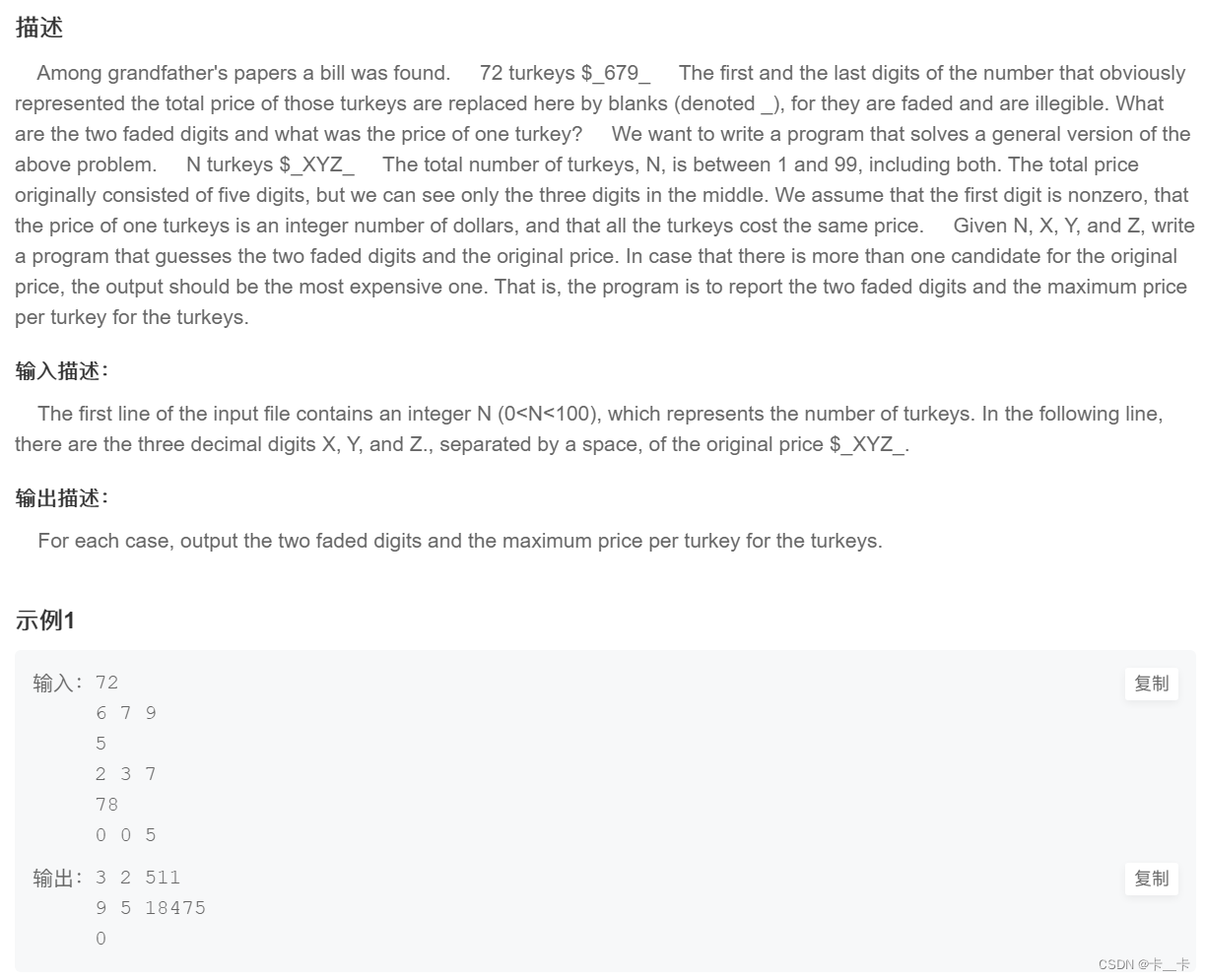
评测系统
#include<iostream>
using namespace std;
int main() {
int N = 0;
int first, x, y, z, last, pricemax = 0;
while (cin >> N) {
cin >> x >> y >> z;
if (N == 0) {
cout << 0;
break;
}
bool flag = 0;
for (int i = 1; i <= 9; i++) {
for (int j = 0; j <= 9; j++) {
int temp = 10000 * i + 1000 * x + 100 * y + 10 * z + j;
if (temp < N) {
break;
}
if (temp % N == 0 && temp / N > pricemax) {
pricemax = temp / N;
first = i;
last = j;
flag = 1;
}
}
}
if (flag == 1)
cout << first << " " << last << " " << pricemax << endl;
else {
cout << 0 << endl;
}
flag = 0;
}
}

